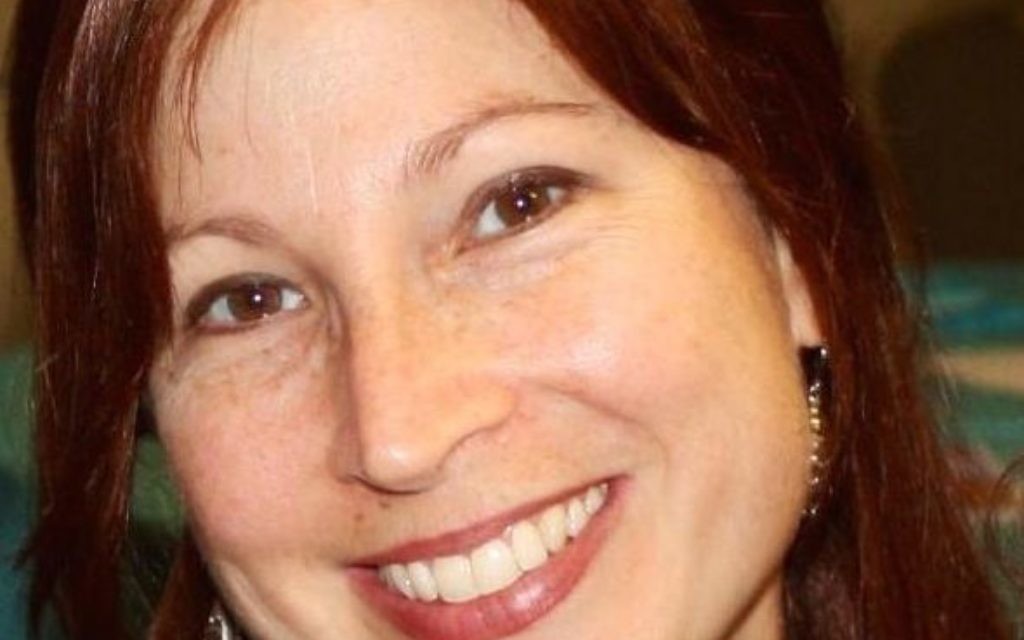My Holy Mission
Hand of Hashem - strong ties to religion and prayer provide women with new sense of strength and influence.
The pretty pink paperback has remained on my shelves for years, in various homes, packed and unpacked, placed neatly again and again. I don’t remember exactly where it came from, whether I ordered it online, found it in a Jewish bookstore or received it from someone.
I have heard people talk about the book as the epitome of essential reading material for couples. Yet, for me, it had remained largely untouched.
Called “Women’s Wisdom: The Garden of Peace for Women,” it was written by Rabbi Shalom Arush in Hebrew and translated to English by Rabbi Lazer Brody. Originally, there was a husband’s version, and it was so popular that women demanded their own.
Get The AJT Newsletter by email and never miss our top stories Free Sign Up
The title comes from a paraphrasing of King Solomon, who said in Proverbs that a “wise woman builds her home.”
As women, we have a cosmic responsibility to develop ourselves as well as our husbands and children. I know this because I started reading the book recently. It somehow made its way into my hands when I was looking for another book.
It tells of a midrash about a husband and wife who were pious and righteous but remained childless after 10 years of marriage and divorced. The pious man married an evil woman and became as evil as she. The wife married an evil man and transformed him into a righteous person.
As women, we possess tremendous strength and influence — for good and for bad. When I read that, I felt a huge amount of pressure. But it’s not as complicated as I thought.
Our strongest power is our capacity to pray — for ourselves, our husbands, our kids, our homes.
Prayer, the book says, is the epitome of giving.
Another essential way to be inspired to love, both ourselves and others, is to see the good within a person. Every person possesses weaknesses as well as good points. We can strengthen a person, Rabbi Arush says, by looking for his or her strengths. When someone senses that he is being observed and his good qualities are being noticed, he feels loved and wanted, giving him the strength to do more and more good.
Everything in this world depends on marital peace, the rabbi says, from material wealth to spiritual strength to the redemption of the world. It all depends on shalom bayit (peace at home).
When there is peace in the home, the Shechina (Divine Presence) dwells there.
Building a good, peaceful home is the most significant mitzvah we will fulfill in our lifetime. It should be our focus.
As the American saying puts it, “Happy wife, happy life.” Or “When Mama is happy, everyone is happy.”
We live in a changing world. We are busy with jobs, larger homes, more stuff, and in general life is more complicated than in previous generations.
I have a master’s degree and worked in the corporate world for years before having children and on and off since. When I was staying home or working freelance, I felt guilty for not earning more money for our family. When I was working outside the home, I felt guilty, too.
But I recently changed my attitude, even before reading this book, so its words were more powerful. I sat down with my husband and explained that my primary role is not bringing in an income. I will earn some money, but the primary responsibility is on him to support our family financially. He realizes the importance of this, and we are making it work.
Before, as I would schlep laundry baskets up and down the stairs, pick up toys, wash dishes, and shop for healthy food, I felt somewhat burdened.
Now, as I straighten up my home each day, plan and prepare meals, make sure my children are dressed appropriately for Shabbos and weekdays, and pray for all of us, I feel as if I am doing holy work.
The Holy Temple had many mundane daily activities, but the attending Kohanim and Levites did their tasks with burning enthusiasm. They had to get their hands dirty doing things we might have expected them to delegate to others.
When we see the home as a miniature Holy Temple, which it should be, cooking, cleaning and caring for our families become acts of absolute holiness.
I still find time to use my brain and my skills, but I know that my primary responsibility is to take care of myself so I can be a physically, spiritually and emotionally healthy mother and wife.
Except when I’m not. Some days I still struggle to pray, to ask for the help I may need. For now, the book remains off the shelf as an ongoing source of inspiration and guidance. It is two steps forward, one step back. For the most part, with G-d’s help, I am fulfilling a sacred mission: guiding myself and my family in the right direction.





comments